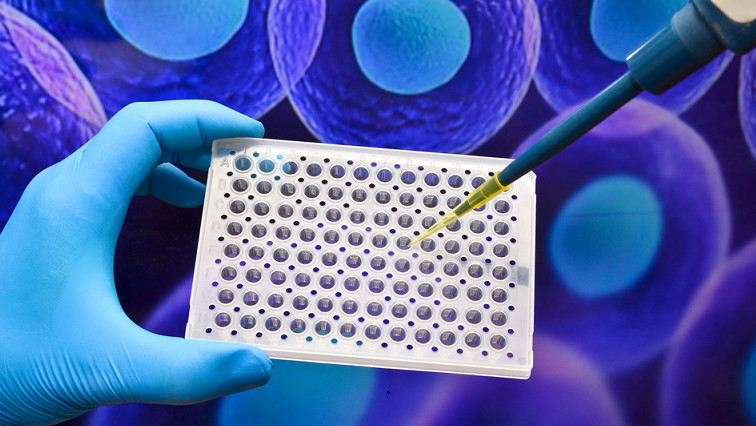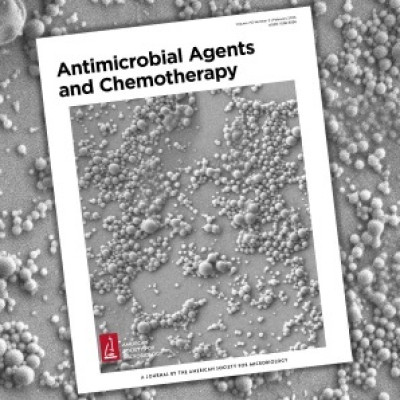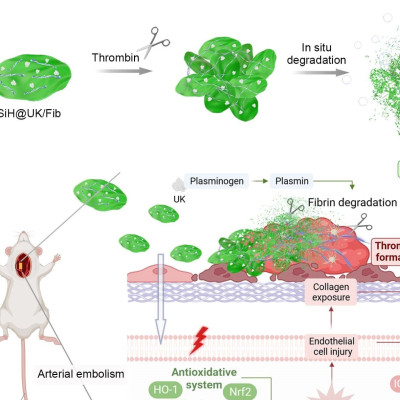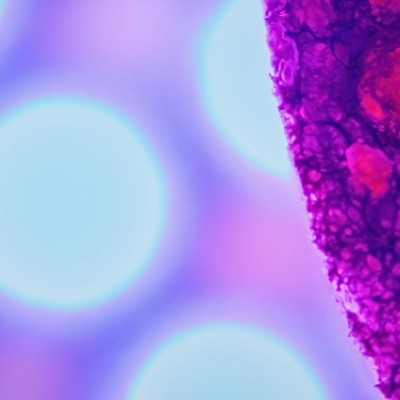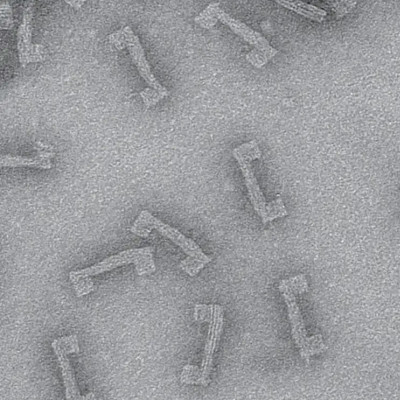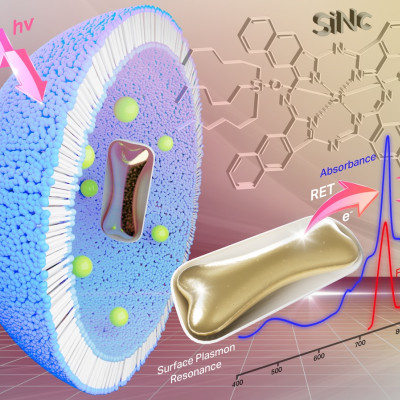Wood-derived cellulose nanofibers form a hydrogel in water, referred to as nanocellulose, which is a highly promising material for various biological applications. However, nanocellulose is rather simple in terms of chemical composition compared to the natural environment of cells in living tissue. To enable the tailoring of nanocellulose-based hydrogels, researchers from Tampere University in Finland, in collaboration with researchers from UPM Biomedicals, developed avidin-conjugated nanocellulose. Such material enables the attachment of biotinylated molecules on avidin-conjugated nanocellulose fibers.
“We utilized a protein named avidin – which is originally isolated from chicken eggs – that binds the biotin vitamin with extremely high affinity. Biotin can be chemically attached to various biomolecules without compromising its activity”, says Postdoctoral Researcher Jenni Leppiniemi, who is the principal investigator in the project working in a group led by Professor Vesa Hytönen.
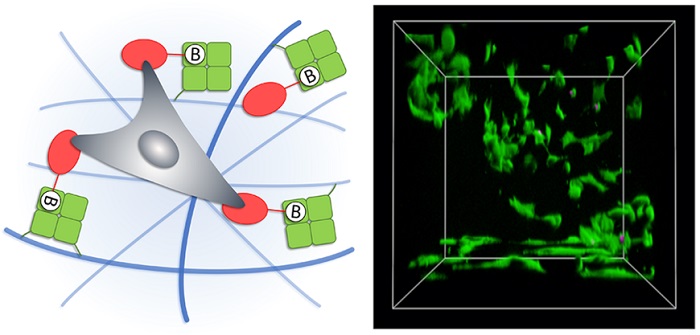
Schematic presentation showing avidin-conjugated nanocellulose fibers functionalized with biotinylated adhesive protein. 3D cell culture of fibroblast cells. Live-dead staining indicates high cell viability.
“The benefit of avidin-conjugated nanocellulose is that it can be tailored and functionalized as necessary by choosing different biotinylated molecules for different applications,” Leppiniemi explains. When the avidin-conjugated nanocellulose fibers were functionalized with biotinylated proteins originating from extracellular matrix, a 3D hydrogel was obtained, which offers plausible attachment sites for cells. The cells were found to proliferate quicker in the functionalized hydrogel compared to bare nanocellulose, and the cell viability remained high during the experiment.
These findings indicate that the developed material was highly suitable for the 3D culturing of cells. The cells also showed signs of being associated with efficient integrin signaling indicating that they have the capacity to attach tightly to functionalized nanocellulose.
Avidin-conjugated nanocellulose offers promising possibilities for applications requiring tailored hydrogels, such as cell differentiation and tissue engineering. Product Development Scientist Piia Mikkonen from UPM Biomedicals suggests that the developed material could be a potential alternative to animal-derived hydrogel materials, which are complicated in their composition and poorly defined chemically.
The results of the project were published in the Biomacromolecules journal.
Read the original article on Tampere University.

